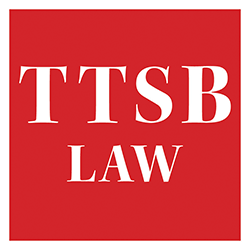If you have heard the term equitable relief but aren’t sure what it is, you aren’t alone. In Oklahoma, equitable relief is some sort of action that the court requires a particular party to refrain from. These cases generally involve matters in which it’s nearly impossible to obtain a sufficient amount of restitution in a particular situation. Here is further information about equitable relief as well as some examples.
How it works
Equitable relief always involves some sort of monetary compensation. Once the judge grants equitable relief, the parties involved can’t continue to seek or pay any sort of legal compensation. In order for a judge to grant this remedy, he or she will want to see proof that the offended party is free of any sort of blame that was part of the dispute. If this individual has unnecessarily delayed a remedy to the dispute, then the judge will often deny any sort of equitable relief that person otherwise may have received.
Equitable relief in action
Equitable relief is granted in a wide variety of different types of situations, such as during business litigation. This can include things like theft of intellectual property, the canceling of some sort of contract or one of the parties not doing something that he or she promised to do. Once a judge grants equitable relief, both parties no longer must satisfy any further obligations and don’t have to worry about breaching any associated contracts.
Equitable relief is very beneficial to those who are legally obligated to pay someone, but it isn’t necessarily in a person’s best interest to do so. Before equitable relief gets granted, both parties will need to present their case to a judge so that they can decide whether one of the parties would receive a reasonable amount of restitution.

